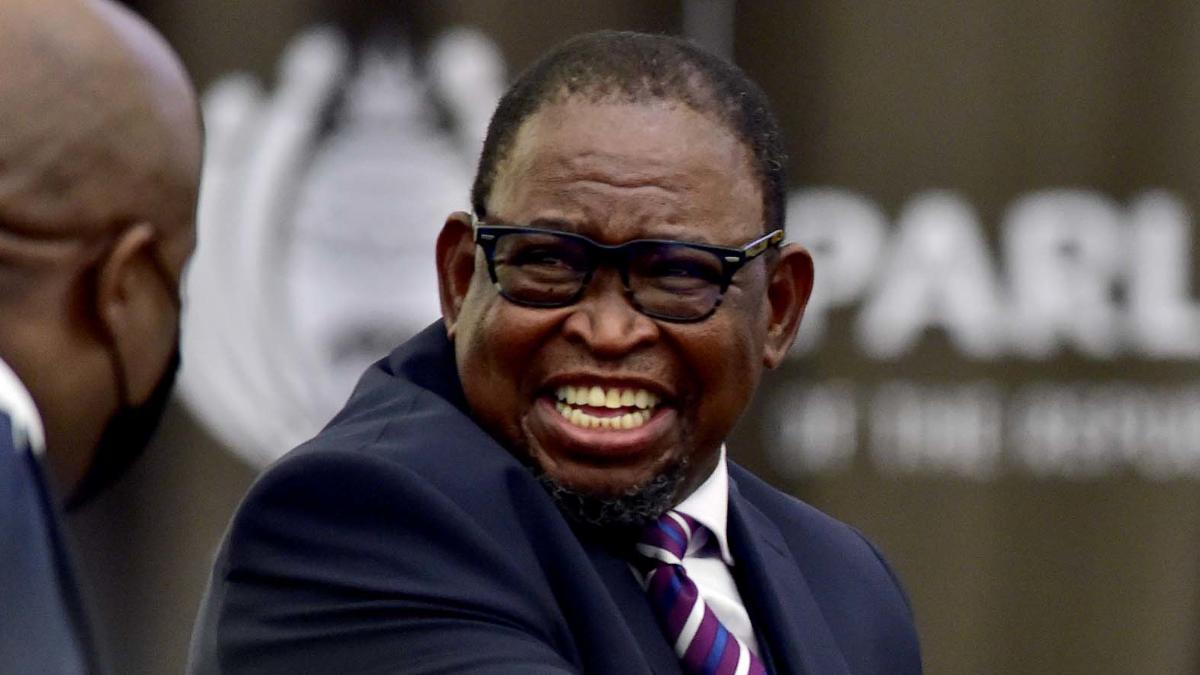Africa-Press – South-Africa. National Treasury has outlined the significant Value-Added Tax (VAT) changes contained in the draft Tax Laws Amendment Bill (TLAB) as well as its plans to modernise South Africa’s VAT regime.
The draft TLAB and Tax Administration Laws Amendment Bill (TALAB) for 2025 were published for public comment on 16 August 2025 and contain the remainder of the tax announcements made in the 2025 Budget Review.
Because of the delayed budget process this year, the bills are still going through workshops and engagement processes, but are expected to be tabled by the Minister of Finance during the 2025 MTBPS.
The TLAB in particular contains a host of minor definition changes and amendemnts that sometimes work out to have significant impacts on the industries affected.
Some key examples include the relatively ‘small’ change to get rid of a R500 and R100 threshold on low-value imports that will reverberate across an entire sector.
Other proposed changes are far larger, like making all supplies related to basic educational activities exempt from VAT, which has the consequence of some private schools having to de-register for VAT, impacting their operations.
Here are some of the most notable VAT changes outlined by the National Treasury:
VAT and intermediaries
The current laws allow Intermediaries to account for VAT on supplies made on behalf of only foreign suppliers of “electronic services” as if these supplies were made by the intermediary.
It is proposed that the laws be expanded to also include supplies made by intermediaries on behalf of the local suppliers.
VAT on silver
When gold is delivered to a refinery and all the gold from the various depositors are melted together, it becomes difficult to then say which depositor’s gold formed what percentage of the gold bar that is now ready for export.
The VAT Act requirements for the documentary evidence to zero-rate the export, were difficult to meet.
The same problem exists with silver exports, and where there are also adequate reporting and record keeping requirements in place.
It is proposed to amend the VAT Act to cater for the documentary requirements for the zero-rating of the export of silver in the same manner as that permitted for gold.
VAT on clinical trials
In order to address the difficulties faced by suppliers of testing services to non-resident clients, it is proposed that a new section be introduced to zero-rate the supply of these testing services and reporting to non-residents.
This includes a proposal to add a section to zero-rate the goods used to provide the testing services. The hope is to keep South African suppliers competitive on a global scale.
VAT on education
It is proposed that all supplies related to educational activities by basic educational institutions to be exempt from VAT.
This may require education groups to deregister for VAT. This will then trigger a change in use adjustment, where output tax must be declared to balance out the input tax previously claimed.
NT is proposing to amend the VAT Act to ensure that past assessments that have been finalised for the periods prior to 1 January 2026 are not reopened either by SARS or the vendor.
VAT registration
To mitigate risks in the VAT registration process, SARS may require a site inspection to verify that the enterprise’s business address exists and the premises are suitable for conducting the activities of the enterprise.
In terms of existing law, where a taxpayer conducts business from home, SARS is only entitled to inspect the part of the premises used for trade.
VAT on foreign airtime vouchers
This relates to foreign residents in South Africa buying airtime for families back home (ie, in a foreign country).
It is proposed that provision be made in the legislation to subject only the deemed distribution services within South Africa to VAT at the standard rate. The airtime itself will be out-of-scope since the consumption is offshore.
VAT on low-value imports
Currently, goods of a value of R500 or less for customs duty purposes and goods—being printed books, newspapers, journals and periodicals that are imported into the Republic by post not exceeding R100 in value—are exempt from the VAT, if there is no value for customs duty purposes.
National Treasury said there are legitimate concerns that have been expressed by the domestic industry relating to the uneven playing field between domestic and offshore suppliers of these low value goods, especially where the provisions of the VAT Act are concerned.
It is proposed that the threshold be removed to level the playing field for both local and offshore suppliers of low value goods.
VAT ‘renewal’
Treasury said that it is continuing with the VAT Modernisation Project, which was announced by the Minister in the 2023 Budget Review.
The renewal project aims to enhance South Africa’s VAT administrative framework and improve the tax ecosystem with SARS and other stakeholders.
“In the VAT context, these challenges comprise reliance on manual, paper-based invoicing systems; inefficiencies in compliance; the risk of errors; and tax evasion,” the department said.
As a first phase, Treasury is proposing amendments to the tax laws to insert the relevant definitions that will form the pillars of the VAT Modernisation Project.
In turn, this will also allow for the expansion of the minister ‘s regulatory powers, and set up the foundations of a voluntary e-Reporting system.
“The benefits of the proposed system will include improved and less effort in compliance; enhanced visibility/transparency; reduced error and fraud; and increased efficiency in tax administration, which may extend beyond VAT in time,” Treasury said.
For More News And Analysis About South-Africa Follow Africa-Press






